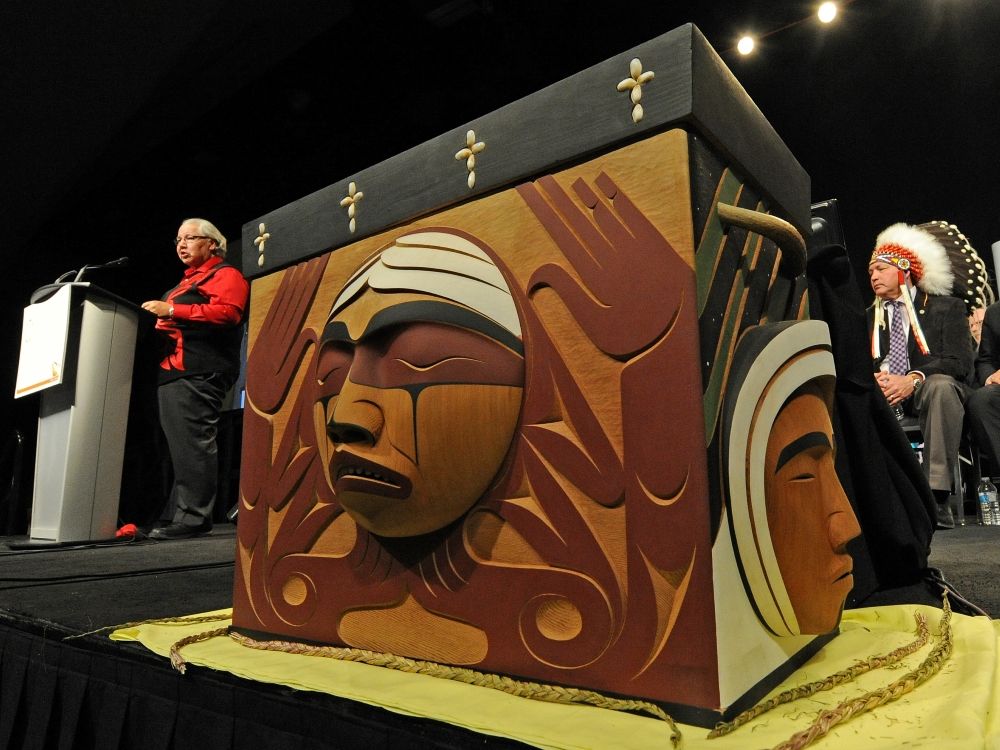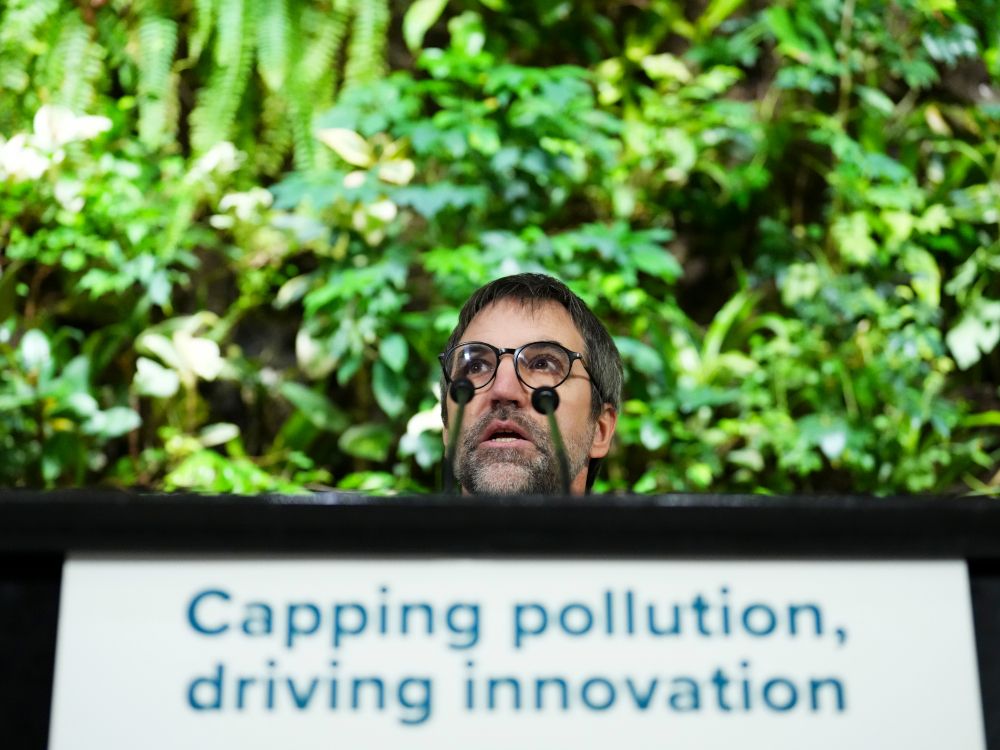There is no mention in the “Summary” or “Legacy” volumes, for example, of “trips to Disneyland, Expo 67 and Europe; musical bands, sports teams … fine arts, radio and newspaper clubs … chess clubs, gymnastics and square-dancing groups, choir, Boy Scouts and Cadets … life-long friendships and inspirational teaching.” Or of the Firth twins, Sharon and Shirley, who were encouraged by a priest to learn cross-country skiing on the trails behind Grollier Hall in Inuvik, N.W.T., and went on to represent Canada at four Winter Olympic Games.
Many children experienced serious harms and no one should try to dispute that. But that’s not the whole story. By focusing exclusively on the bad aspects of the IRS system, Canadians get a distorted view of history.
Another concern that comes up often in the book is the relentless linkage of IRS with the incendiary terms “genocide” and “cultural genocide.” Widdowson draws attention to the insistence that all children in the IRS experienced suffering, “dominant to the point of excluding or overshadowing other forms of remembered experience,” which has led to a “protective orthodoxy” that inhibited more positive voices. (In her essay, Widdowson reports that when an oblate priest testified that his school provided a good education and nurturing environment, “the audience became incensed.”)
The word “genocide” cannot be applied to any situation, however harsh, that does not involve intent to kill and actual killings by the group in power. There is no evidence in this case for either. Witness tales of “50,000 dead Aboriginal children in church-run schools (and) Queen Elizabeth II demanding that residential schoolchildren kiss her white-laced boot and then abducting 10 tots who were never heard of again,” which were included in the TRC report, should not have been accorded legitimacy by the commission. That abuses occurred, both physical and sexual, has never been denied by any IRS scholar, but the book’s editors note that the TRC concedes that in approximately
35 per cent of the abuse claims mentioned in the report, the abuse is said to have been committed by other students.
As for “cultural genocide,” a recently manufactured, emotive trope to
replace the more accurate description of the IRS as “forced assimilation” or “misguided paternalism,” as Widdowson points out, the term implies a hatred of Indigenous culture and a wish to eradicate it. If that was the purpose of the IRS — and the essay writers vigorously reject that interpretation of the facts — then it was an utter failure. The TRC report states that,
“Despite being subjected to aggressive assimilation policies for nearly 200 years, Aboriginal people have maintained their identity and their communities.” Indeed, according to DeWolf, “reasonably credible studies” have shown that a greater proportion of First Nations adults who attended residential school were able to understand or speak a First Nations language than those who did not.
The point of a “reconciliation” project like the long and costly TRC, it seems to me, should be to examine the pertinent historical record objectively and holistically, acknowledging past torts, but ending with a mutual pledge to a future based in respectful friendship.
The writers in “From Truth Comes Reconciliation” conclude that the TRC report’s authors were more inclined to perpetuate grievance and seek rents than cultivate friendship. They make their case in fewer than 250 pages of text. With, thankfully, an index.





